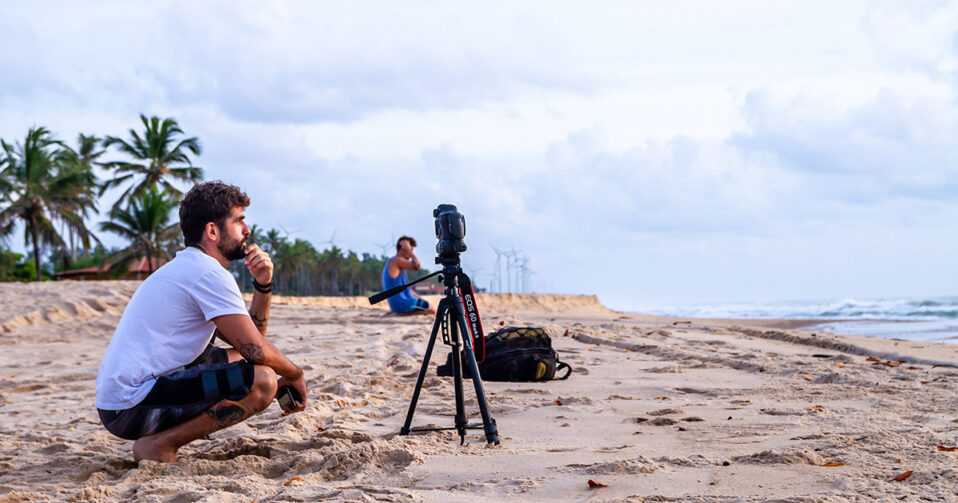I once ordered a Torah scroll on eBay that arrived in a cardboard box made for a Sony television set; even my Berkeley born-to-recycle children were disconcerted. After the Torah was removed, I noticed the tagline emblazoned on the box: “Imagine the Possibilities: The Centerpiece of Your Home.” The TV? Not so much. But the Torah…
In many ways, my mantra as a Jewish educator is summed up by that line: “Imagine the possibilities.” Exposure to “the possible” is core to an approach called “wide-angle Judaism,” and it aims to broaden the definition of an authentic Judaism by revealing Judaism to be infinitely bigger than any institution, denomination, or historical moment.
When asked what Judaism says about “x” or “y,” I responded with, “Which Judaism? The one understood by Chabad in 19th-century Belarus? The one practiced by Persian Jews in Iran in the 1970s? The one taught by Maimonides? The one imagined by Abraham Joshua Heschel?” There is no “Judaism”; there are Judaisms. I’m not trying to make a case that Judaism can be “anything,” but rather to engage with Judaism as a multi-faceted, continuously evolving civilization that includes wisdom and practices that I know to be profoundly affecting, relevant, and useful in supporting our quest for wellbeing — individually, communally, and globally.
In my work at the Jewish Community Center of San Francisco, the ultimate measure of success is when a student says, “Really? I didn’t know that was possible,” or “I never expected to feel that way.” Broadening perceptions allows for a more informed decision-making process. We want people to be informed consumers and that means knowing as much about what they are rejecting as what they are accepting.
My commitment is to the process and preparation — that the experience itself be meaningful. As an educator, this is often perceived as countercultural, but I do not set an agenda regarding “next steps.” I have learned to trust that having an opportunity to experience Judaism — one that has integrity and is personally engaging, that honors both the collective tradition and the individual’s values — can be the tipping point toward continued engagement, even if I never find out exactly how it plays out. To be content with that unfolding process requires that I approach my work with the optimism of an educator, the humility of a parent, and the naïveté of someone who has never tried to get a program funded.
At the JCC, we also train a wide-angle lens on human potential using an approach we refer to as “grounded optimism.” The underlying assumption is also somewhat countercultural in an age of increasing cynicism and even nihilism: We start from a belief that positive change is possible in our selves, in our relationships, and in our society. We encourage the question: “What now?”
What now? The “grounded” aspect of “grounded optimism” is the radical acceptance of reality. The optimism points to the intersection of American and Jewish values: the vote and/or voice of an individual can make a difference. As both an American and a Jewish organization, we are called to put aside our cynicism and confront brokenness without the paralysis of uncertainty or “compassion fatigue.” We are called to act on our social, moral, and political obligations (as we perceive them). We are called to imagine the possibilities.
Exposure to a wider-angle of “the possible” — both personally and communally — is where we see our work as personal trainers, programmers, or preschool teachers. We try to inspire, support, and guide our fellow-travelers to do the best they can. (As I regularly remind my own children, my colleagues, myself, if it’s really the best you can do, then I actually can’t ask for more.) And in doing so we strive for the best possible outcome — not the best or the possible but the best possible.
Thinking through a wide-angle lens, using grounded optimism, and having deep trust in the process allow us to let go of an attachment to a particular outcome that may benefit our institution or some larger vision of Judaism and, as Reb Emily Dickinson said, “dwell in possibility.”



